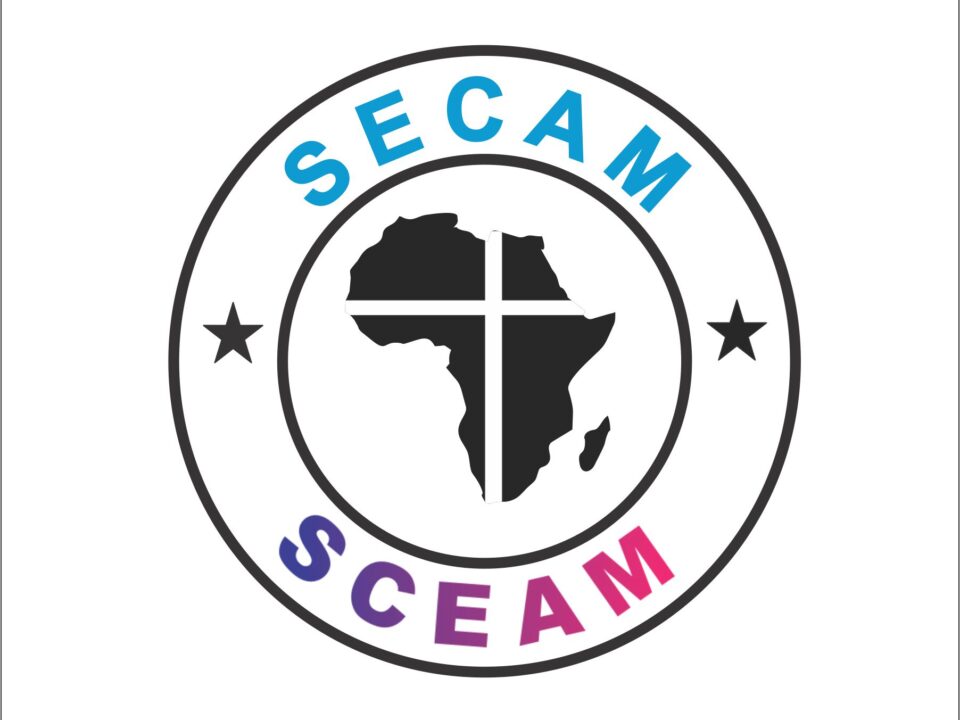SECAM: “Invest in Africa’s Energy Future,” SECAM on COP29.

Sr. Henriette Anne, FSSA
The Symposium of Episcopal Conferences of Africa and Madagascar (SECAM), through its Justice, Peace, and Development Commission, has issued a clarion call to African leaders and the international community to honor their commitments to climate justice.
With the world’s eyes on the ongoing COP29 in Baku, Azerbaijan from 11th to 22nd November 2024, SECAM, has urged global leaders to builds the gains achieved at COP28 stressing that “it is crucial to invest in clean energy and upgrade infrastructure to address Africa’s energy poverty”.
In a communiqué signed by SECAM’s Deputy Secretary General for Justice, Peace and Development Commission (JPDC) Rev. Fr. Jean Germain Rajoelison, SECAM noted that the Africa faces significant energy disparities, marked by considerable differences in infrastructure, natural resources, and policy framework among its nation.
“The energy situation in Africa reveals significant variations among countries, driven by differences in natural resources, infrastructure, and policy environments”.
In the statement shared with AMECEA online Newsletter, SECAM underscores that some African countries export energy to neighboring regions or global market while others struggle with insufficient domestic power and because of this imbalance leaves approximately 600 million Africans without electricity and nearly 1 billion without access to clean cooking solutions, highlighting the urgent need for renewable energy and climate-focused solutions.
“While some nations are energy exporters to their neighbours or the global market, others face challenges due to insufficient domestic power generation infrastructure. As a result, approximately 600 million people in Africa live without electricity and nearly 1 billion lack access to clean cooking solutions”, they added, “Several African countries rely on imported fossil fuels, which makes them vulnerable to energy security threats, price fluctuations, and supply chain disruptions. This reliance not only poses environmental and health risks but also underscores the urgent need for cleaner alternative energy sources in light of the increasing impacts of climate change”.
SECAM members in the Thursday statement outlines a roadmap to spur growth and development in in Africa’s energy sector and recommended that COP29 to reaffirm the importance of public funding for renewable projects, increased financial support is essential to broaden access to sustainable energy.
“Building on the landmark commitments of COP 28, COP 29 should stress the importance of public funding for renewable energy initiatives. Increased public finance is essential to broaden access to sustainable energy and reduce dependency on fossil fuels”.
They added that since outdated energy grids significantly hinder the effectiveness of renewable energy projects, SECAM advocates for international assistance in grid modernization and cross-border energy interconnections to accommodate increased renewable capacity.
“Outdated and inefficient energy grids in Africa limit the effectiveness of renewable projects, with average energy losses of 15% due to line inefficiencies and inadequate infrastructure. COP 29 should prioritize international support for grid modernization and cross-border interconnections, enabling Africa to integrate more renewable energy and ensuring that infrastructure constraints do not hinder progress”
SECAM has urged COP29 to mobilize additional resources involving grants and debt-for-climate swaps to alleviate energy poverty and improve access for those currently underserved.
“COP 29 should advocate for increased financing to alleviate energy poverty, ensuring access to clean cooking and electricity for the 600 million Africans without electricity and the 1 billion who lack clean cooking options. This should involve mobilizing grants and debt for climate swaps”.
SECAM also calls on wealthier nations to lead the way by reducing fossil fuel subsidies, with funds redirected to support Africa’s clean energy transition and African countries can utilize these redirected resources to invest in community-centered energy projects, further reducing fossil fuel dependence.
They continued, “COP 29 should advocate for the negotiation and adoption of a Fossil Fuel Non-Proliferation Treaty (FFNPT) as a complementary framework to the Paris Agreement. The FFNPT would focus on curbing the expansion of fossil fuel extraction, production, and consumption, ensuring global cooperation to phase out fossil fuels while supporting vulnerable nations in their transition to clean energy”.
They further said that Africa’s median age of 20 years presents an opportunity to build a skilled workforce in the renewable sector and suggested that COP29 to support vocational and educational programs, equipping African youth with skills in renewable energy management and technology.
“With a median age of just 20 years, Africa has a unique opportunity to generate employment and develop expertise in the clean energy sector. COP 29 should champion educational and vocational training programs in renewable energy, energy efficiency, and grid management, enabling Africa’s youth to play a meaningful role in the continent’s energy transition”.
In their collective statement, they urged that COP29 should implement robust accountability mechanisms to ensure that climate funding reaches Africa’s most vulnerable and countries to fulfill promises for compensation, as African communities continue to face severe impacts from climate change.


